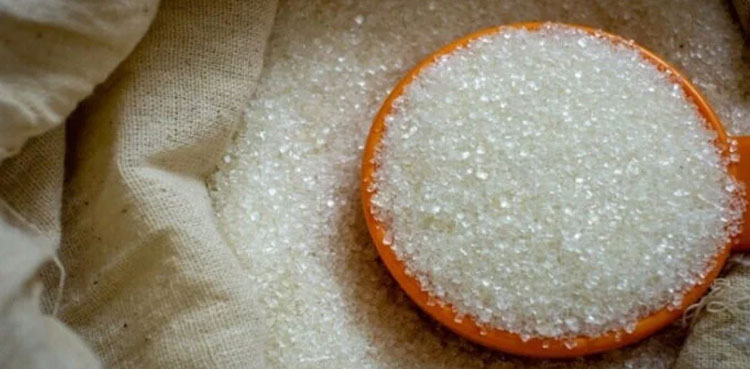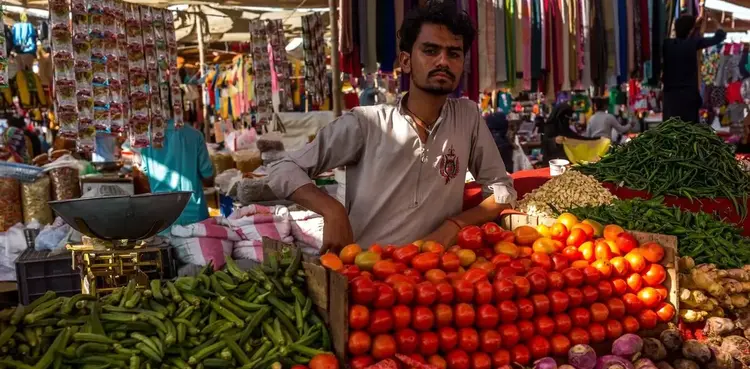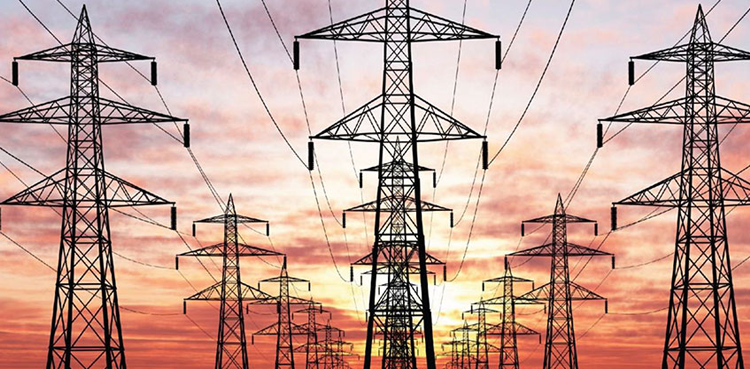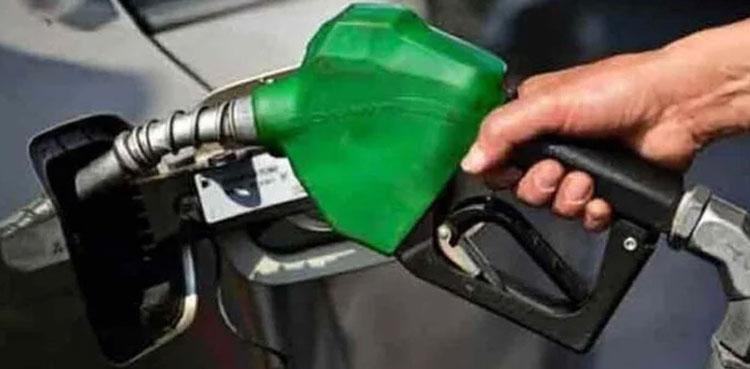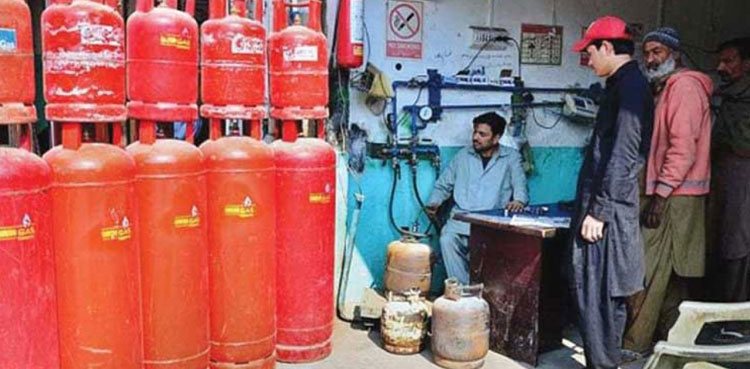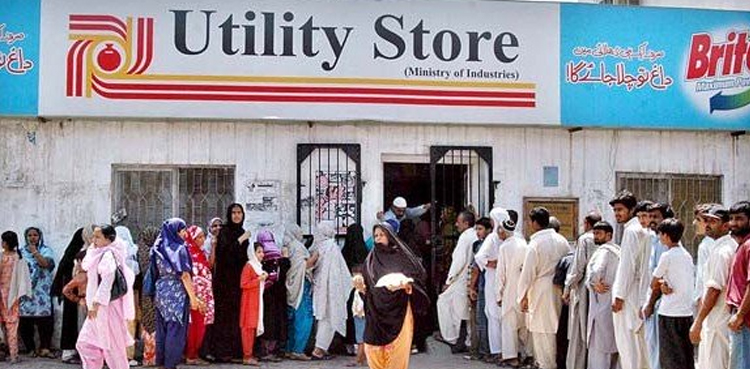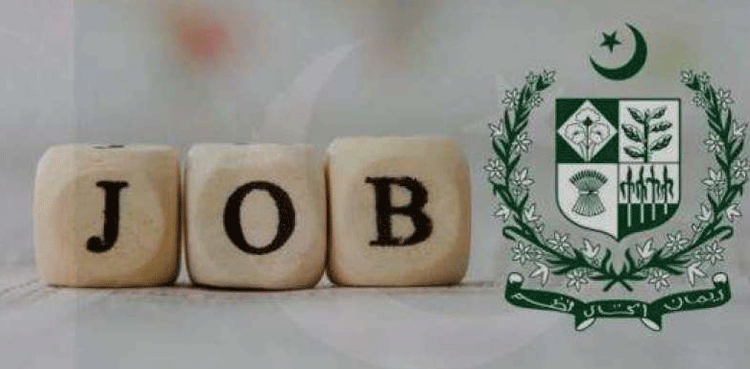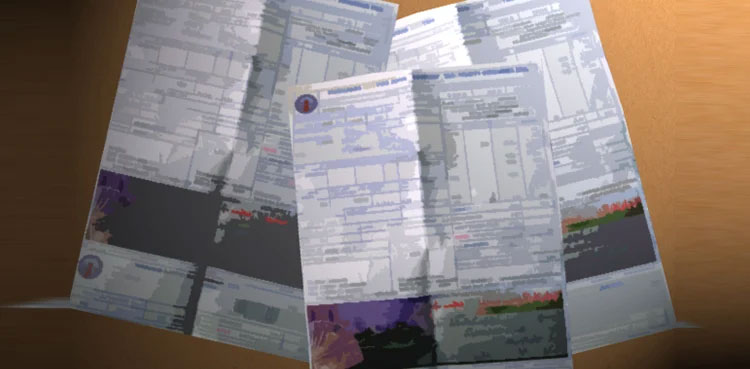ISLAMABAD: Pakistan’s sugar exports to Afghanistan recorded a whopping increase of 4332% in the first seven months of FY 2024-25, ARY News reported on Monday.
According to the official figures, from July to January, Pakistan’s sugar exports to Afghanistan reached $262.68 million compared with $5.93 million during the corresponding period in 2023.
Pakistani sugar exports to Afghanistan increased by $256.76 million Year-Over-Year (YOY). This massive increase has made sugar the largest contributor to Pakistan’s exports to Afghanistan.
Since December, sugar prices have increased by Rs26 per kg, and last year, profiteers pushed rates up to Rs180 per kg.
According to Wholesale Grocers Association Chairman Rauf Ibrahim, sugar prices in the wholesale market have climbed to Rs150 per kg, while advance deals for March have reached Rs152/kg.
Traders claim that the hoarding mafia is active, and with Ramazan approaching, there is a serious risk of further price hikes. Pakistan’s monthly sugar consumption stands at 550,000 tons, but during Ramazan, it jumps to 1 million tons.
Traders warn that if the government does not take immediate action, sugar prices may spiral further during Ramazan.
Read More: Sugar price hits Rs160/kg in Karachi
The federal cabinet’s decision in October 2024 to approve the export of an additional 500,000 metric tons of sugar has played a significant role in this surge.
However, the cabinet had also imposed conditions to ensure price stability and domestic supply, including fixing the retail price of sugar at Rs145.15 per kilogram and monitoring sugar prices to prevent price hikes.
The federal cabinet said that exports would be cancelled immediately if prices exceeded this benchmark.
